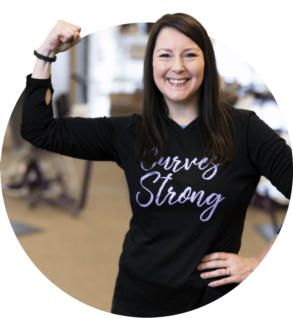Vitamin D: Are You Getting Your Daily Dose?
Vitamin D deficiency is very common especially among women. According to Osteoporosis Australia, over 30% of Australian adults have mild, moderate or severe vitamin D deficiency. While the New Zealand Ministry of Health claims that approximately 5% of NZ adults are vitamin D deficient, with a further 27% below the recommended blood level of vitamin D. Vitamin D is a fat soluble vitamin produced in the skin from exposure to UVB sunshine. It is essential for calcium absorption, facilitating normal immune system function and contributing to strong bones and muscles.
Vitamin D Deficiency
Not getting enough exposure to sunshine can result in vitamin D deficiency which can lead to bone and joint pain, increased risk of bone diseases such as osteoporosis as well as more falls and fractures due to inadequate calcium absorption. Further studies have revealed a possible link between vitamin D deficiency and an increased risk of multiple sclerosis, heart disease and some cancers.
Getting your daily dose
Vitamin D deficiency is more common among certain types of people. You may be at risk of vitamin D deficiency if you;
- Are elderly or housebound
- Work long hours indoors
- Live in city areas where buildings provide a lot of shade
- Cover your body for religious or cultural reasons
- Have naturally darker skin
- Avoid sun exposure or apply too much sunscreen for sun protection
The amount of sunshine needed to get adequate vitamin D is not certain and can vary depending on location, age, season etc. However, during summer it is recommended to aim for around 5-10 minutes of sun exposure during mid-morning or afternoon for fair people and 15-60 minutes for darker skin people. During the cooler months aim for 7-30 minutes during the middle of the day for fair skin people and 20minutes – 3 hours for darker skin people.
Dietary Sources
Although the majority of vitamin D is produced from exposure to sunshine, you can get some vitamin D from certain types of foods. Foods that contain some levels of vitamin D include salmon, sardines, egg yolks, prawns and fortified dairy products. If you are vitamin D deficient or are at risk of vitamin D deficiency, your doctor may suggest taking a vitamin D supplement.








